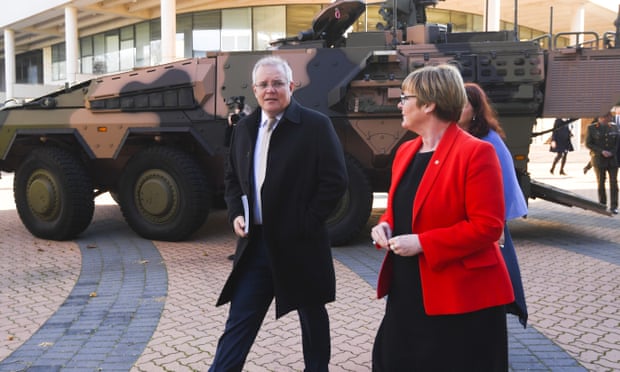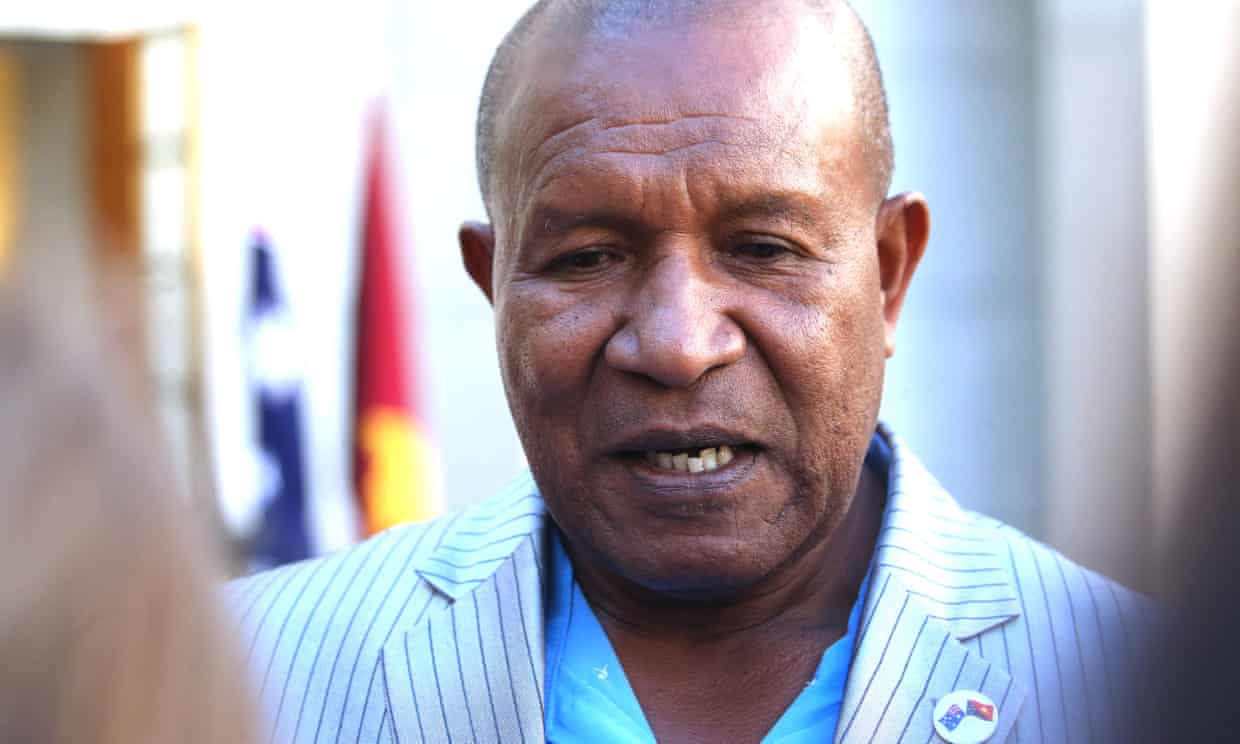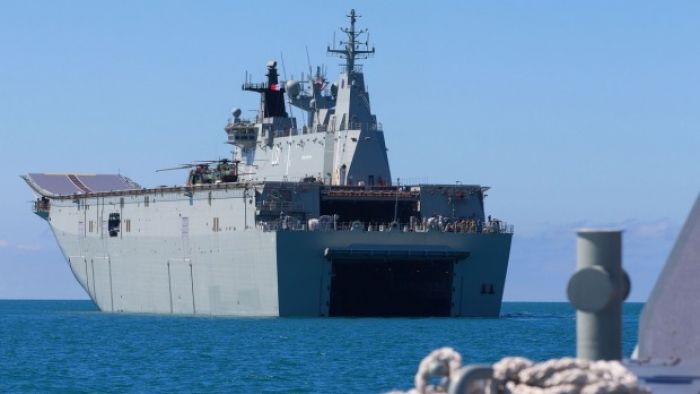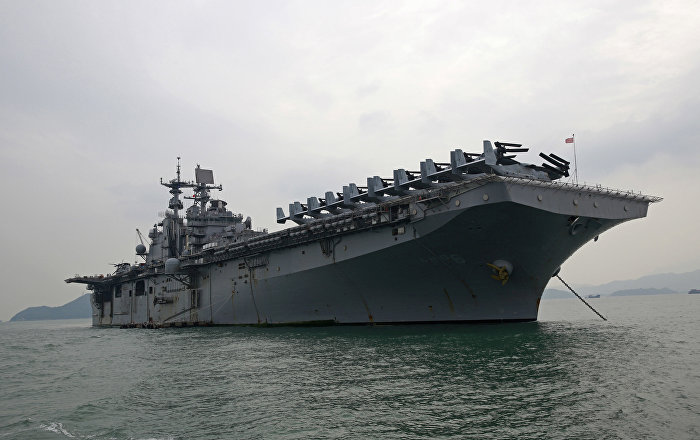
But the government says it will still meet a pledge to invest $8bn in northern Australia over 10 years.

But the government says it will still meet a pledge to invest $8bn in northern Australia over 10 years.

He said the base was clearly of benefit to Australia and the US and in response to the growing influence of China in the region. “That has to come at a price,” he said. “You can’t just come in and expect me to welcome you, and face all the social problems, while your people are safe in Australia and America. “If there is a war we are the first ones to face the missiles and you will be safe in your country.”

"There is a connection that could be made between the geopolitical competition that we're starting to see unfold in the Pacific, with China becoming more present as an actor (including military deployments that will become more regular in the future) and Australia doesn't want that gap to be filled by outside actors." ^/s

US FORCES would get the nod from a future federal Labor Government to expand its military footprint in Australia in an apparent reversal of party policy that had seen a cooling in language on the alliance in favour of a greater focus on China.
Two years ago the party’s platform draft at its national conference watered down its foreign policy view of the ANZUS Treaty, significantly dropping references to it being the “bedrock” of regional stability and a national “asset” in favour of strengthening recognition to China’s growth.
Late last year former Labor leader Paul Keating called for Australia to “cut the tag” with the US and focus more on Asia while foreign affairs spokeswoman Penny Wong said Donald Trump marked a “change point” that needed to be assessed.
But Labor’s Defence spokesman Richard Marles said yesterday there was room to work with both with America as Australia’s “most important bilateral relationship” and China whose right to rise as a power should be recognised.
The US already has a strong presence in Australia with its annual rotation of 1250 US Marines and a dozen combat aircraft through Darwin in the Northern Territory, joint intelligence facilities in Western Australia and Pine Gap near Alice Springs and regular joint training exercises.
But Mr Marles said there was scope for more and he was not buying in to some defence analysts predicting a US foreign policy “retreat” in the region by the Trump administration although said such deep national alliance debate including Trump’s policy by Tweet was a positive.
“I think the greater American commitment to East Asia, the better,” he said. “I’m absolutely up for a discussion on growing the US relationship in terms of however, whatever, it wants to involve itself with here." #FFS

Speaking of Talisman Saber’s symbolic value, Harris told reporters, "I’m pleased about that message it sends to our friends, allies, partners and potential adversaries … I think this demonstrates the importance of alliances in general and the value of this alliance in particular." On Wednesday, the commander made his third trip to Australia in roughly half a year, telling an audience at Brisbane’s Australian Strategic Policy Institute that Washington takes its relationship with Australia seriously, and that the alliance between the two countries could help stop the spread of jihadist extremist groups. Australia is a global leader in the fight against Daesh, he pointed out.